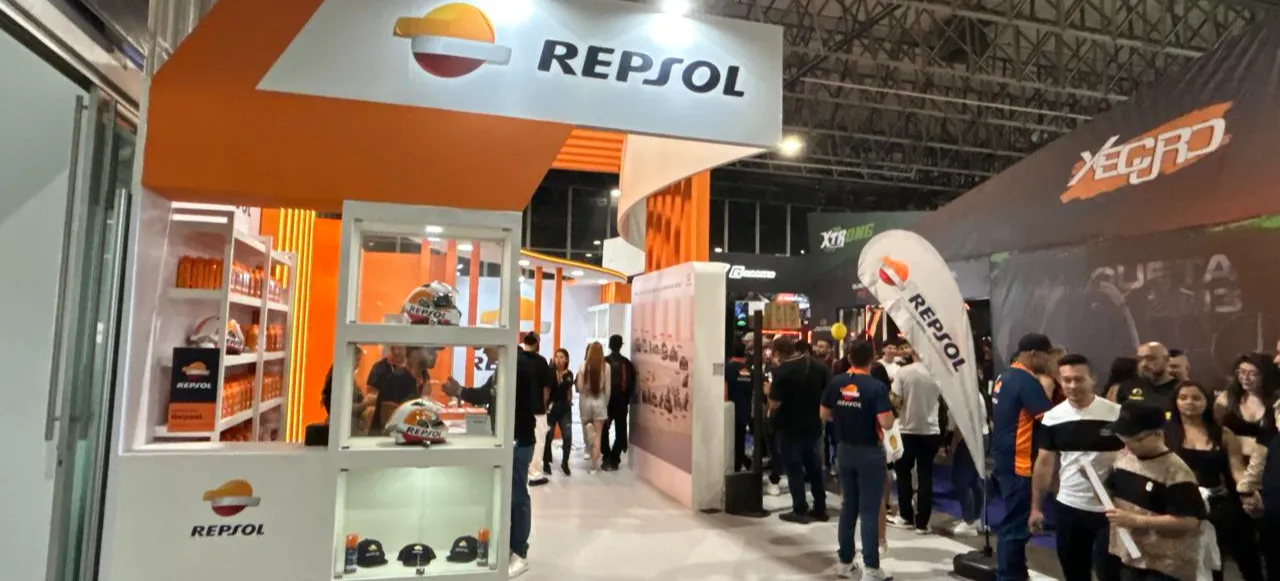Want to keep your commercial fleet in tip-top shape? Here's how you can maximize efficiency while reducing costs

Keeping your commercial fleet in optimal condition is key to your business's success. Commercial fleet owners and managers know how important it is to maximize efficiency and reduce costs to ensure operations go smoothly — and most of all, profitably.
To make this happen, it's important to have an adequate maintenance plan for the vehicles in your commercial fleet, whether you have a small delivery business or a sprawling logistics operation. In this article, we're going to share some practical tips and strategies regarding lubricants to optimize the performance of your commercial vehicles.
Select the right lubricant
The engine is the beating heart of a vehicle, so choosing the right lubricant is crucial to its performance and endurance. Opting for high-quality oils and greases specifically designed for commercial activities is key to ensuring engine efficiency and an extended useful life.
These kinds of lubricants are formulated to withstand the harsh conditions that commercial fleets commonly face, such as long periods on the road, heavy loads, and extreme temperatures.
We also recommend using lower viscosity lubricants as long as the vehicle manufacturer considers it a suitable alternative. This is an immediate way of reducing the effect of viscosity, which can complicate the movement of engine parts.
Schedule regular oil changes
Changing the oil regularly is key to ensuring optimal engine performance and preventing costly (and often painful) damage from occurring. We recommend programming oil changes based on the manufacturer's indications and your fleet's operating conditions.
Regular oil changes also help eliminate contaminants and residues that build up inside the engine, which improves efficiency and extends your engine's useful life.
Don't wait for problems: make preventive inspections
Making preventive inspections regularly is the best way to catch and deal with any issue, no matter how small, before it gets bigger. Otherwise, you might find yourself looking at a breakdown — or even worse, a safety problem.
First and foremost, we recommend making regular inspections of critical parts, fluid levels, and the brake, suspension, and steering systems. This way, not only will you manage to avoid the need for repairs, but you won't have to deal with unplanned downtime on your fleet and the adverse effect it can have on your bottom line.
Never underestimate the importance of well- trained personnel
Training your people can be the deciding factor in effective fleet maintenance. Drivers and maintenance technicians alike should be properly trained in vehicle use and upkeeping. Remember, this training must be ongoing to keep your teams updated on best practices and the latest maintenance techniques.
Also, it is equally important to foster a culture of shared responsibility among everyone involved. This can ensure that the proper procedures are followed at all times.
Make technology work for you: monitor your vehicles
Thanks to the latest technology, vehicle monitoring systems are now more accessible than ever. The usefulness of these systems cannot be understated, as they provide invaluable information about the performance and state of your fleet in real time. For example, you can be alerted to possible mechanical issues or check the oil levels in your vehicles.
In a nutshell, maximizing efficiency and reducing the management costs of commercial fleets requires a comprehensive approach. If you follow these suggestions, you'll manage to improve your business's earnings while protecting your fleet's (and employees') safety at the same time.
And remember, you can always reach out to your Repsol Lubricants sales representative for professional advice in selecting the best product. You can also use this form to send us your questions. Here's one last thought we'd like to leave you with: the sum of our parts is what truly makes the difference. That's one more step towards success!
Related content




